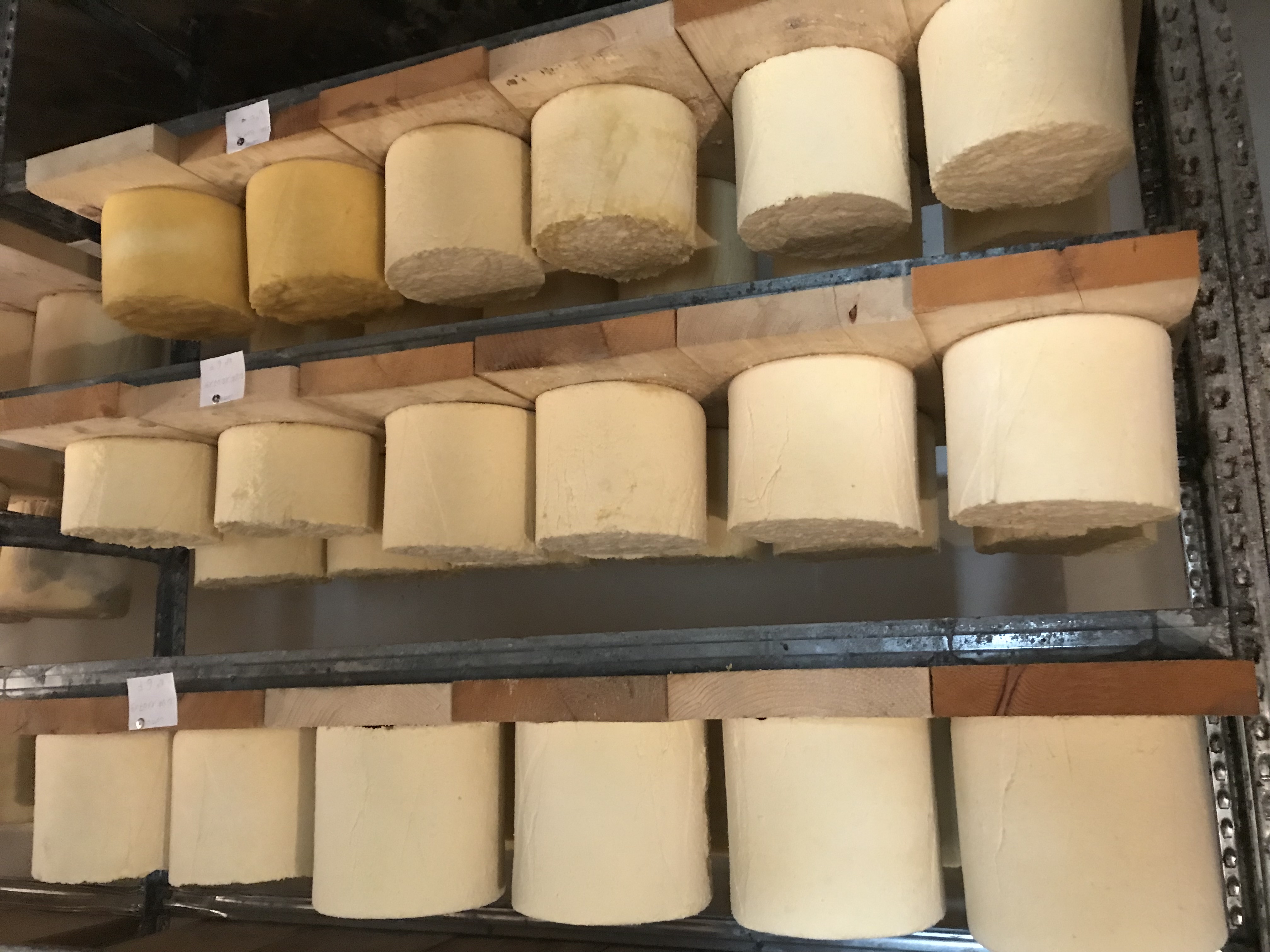The Artisan Food Law Blog


A short while ago I came across a flyer advertising a range of frozen foods and one in particular caught my eye as being too cheap to be true. Farmfoods frozen beef burgers carried both Quality Meat Scotland’s ‘Scotch Beef’ assurance mark and the EU protected geographical indication (PGI) logo. Packs of 16 beef burgers were advertised at 4 for £10.
The Food Standards Agency (FSA) has announced the public consultation stage following a policy review of sales of raw drinking milk. The consultation pack which accompanied the announcement last Thursday, 30 January, extends to 191 pages[1] of detailed information and sets out four options for the future. The good news is that the FSA has expressed a preference for continuing raw milk sales under the fourth of the following four options:
Sorry Chobani, I always understood ‘Greek yoghurt’ came from Greece, that’s why we have ‘Greek style yoghurt’. Chobani’s views about what people think are, like its yoghurt, a US import.
FAGE began producing yoghurt in the late 1920s and since the mid-1980s has imported TOTAL yoghurt, the brand name used in the UK, from Greece. FAGE accounts for 95% of all Greek yoghurt sold in the UK. The remaining 5% being mainly Tesco and Asda own-label Greek yoghurt also imported from Greece.
Burgers cooked ‘as you like them’ are back on the menu at Davy’s Wine Bars and Restaurants after two years of legal wrangling with Westminster City Council. The Artisan Food Law Blog provided the background to this story back in December 2012 and we can now bring you up to date.
The need to implement Directive 2012/12/EU and the desire to make life simpler for fruit drink producers were the driving forces behind The Fruit Juices and Fruit Nectars (England) Regulations 2013. The 2013 Regulations give effect to the Directive and consolidate, with the removal of minor ‘gold plating’ and as a part of the Red Tape Challenge, all the earlier regulations into a single set which came into force on 20 November 2013.
The Jam and Similar Products (England) Regulations 2013
After months of debate, the waiting is over. Following a consultation, Defra have decided to reduce the permitted sugar level for jams, jellies and marmalades from 60% to 50%, remove the UK national limit for ‘reduced sugar jam’ and remove the national provisions for curds and mincemeat.
In March 2012 the Board of the Food Standards Agency (FSA) met to review controls over the distribution of raw drinking milk. The fact that there had then been no reported illness associated with raw drinking milk for 10 years (and none since) and no other problem reported made the decision to proceed with the review somewhat contrary to the FSA’s much vaunted reliance on evidence-based risk assessment.
In January 2013 the European Commission launched a public consultation on the future of organic agriculture. Artisan Food Law raised the hope that questions around the presence of GMOs in organic food “… do not become a precursor to proposals that would permit higher levels of contamination or, worse still, the deliberate inclusion of GM ingredients in organic products.”